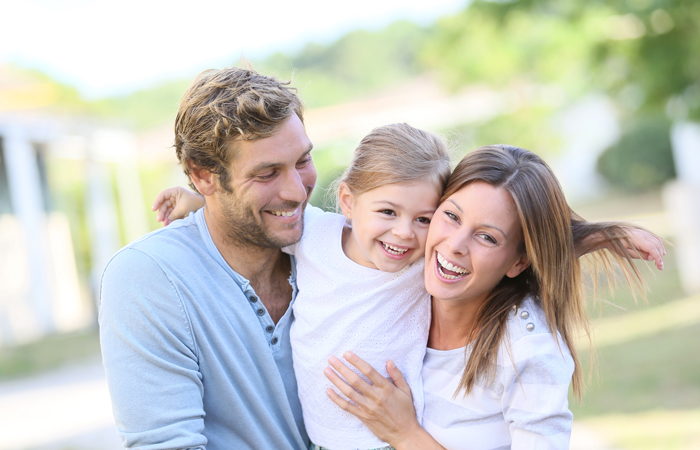Is there a difference between adult and baby teeth? Our family dental team points out key contrasts

When you have children, you undoubtedly want to do what’s best for them.
This will inevitably involve you helping them to look after their teeth; in fact, up to the age of 7, it is advised that all children are supervised when brushing to ensure that their teeth are cleaned correctly.
But as you brush your child’s teeth, you may think that their baby teeth are just like adult teeth and so, you can miss a few brushing sessions if you are in a rush without any damage being done. However, there are many differences between adult teeth and baby teeth which we are going to discuss in this article.
At Brisbane Laser Dentist, we know all about baby teeth and our Coorparoo family dental team can help you to look after your child’s teeth from when they first emerge to when their wisdom teeth erupt. We can assist in everything from braces, to fluoride sealants to fillings (if needed), so when you choose our team, you are making a great choice for your family.
So, back to the original point, what are the differences between your teeth and your child’s baby teeth?
Number
One thing that differs between your and your child’s baby teeth is the number.
As our Coorparoo family dental team will tell you when your child has their full set of baby teeth, they will have 20 teeth in total; 10 on the top and 10 on the bottom.
When they develop their adult teeth, their mouths have to make space for an additional 12 teeth; 6 on the top and 6 on the bottom; this is why overcrowding in adult mouths is such a common issue.
Our Coorparoo family dental team will be able to assess the position of your child’s baby teeth and assess if overcrowding is likely to be a problem as and when their adult teeth develop.
Strength
We all know that the enamel that covers teeth is hardy. And while it may not be damaging for an adult to skip a few brushes of their teeth, it can be damaging to a child’s teeth.
In simple terms, your child’s teeth aren’t as strong as yours and are more susceptible to decay. If you have concerns about decay forming in your child’s mouth, or simply want to know more, talk to our team about dietary changes and ways to make dental hygiene fun!
Spacing
As we mentioned before, baby teeth are fewer and so, they are more spaced out.
Interestingly, they act as space savers in your child’s developing mouth for their soon to emerge adult teeth, which is why it is important to not extract them unless absolutely necessary. Should they be removed, your child runs a higher risk of having overcrowding and misalignment issues.
Colour
And finally, on a less serious note, another interesting difference between your adult teeth and your child’s baby teeth is the colour.
Adult teeth often have a yellow tint, whereas baby teeth are completely white.
DISCLAIMER
All treatment carries risks. Individual consultation is required with one of our practitioners to ensure that the treatment is right for you

